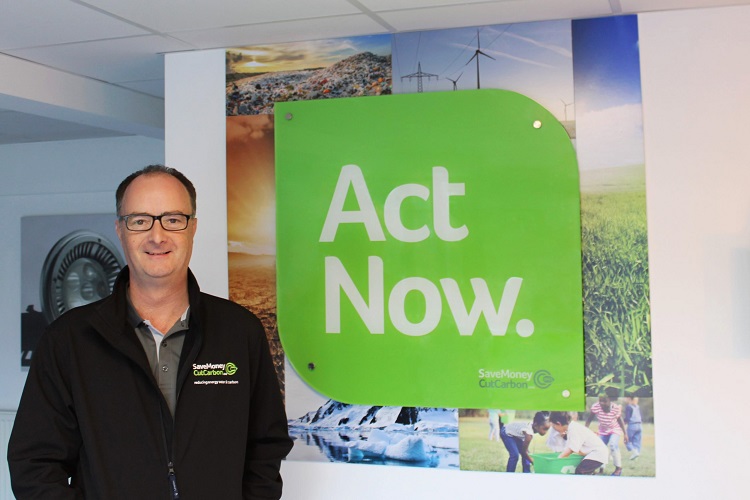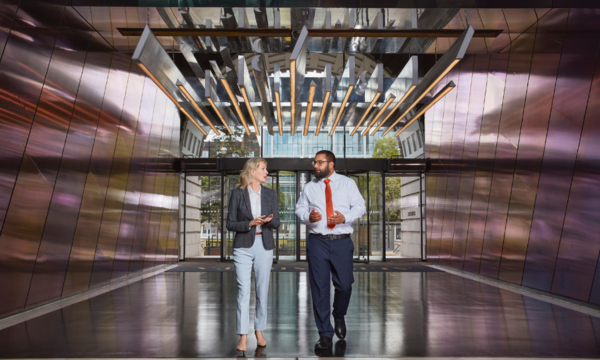Prime Minister Boris Johnson recently confirmed that the UK would effectively ban pure diesel and petrol cars from British sale as of 2030. This could result in both the energy regulator lobbying and increasing subsidies for Electric Vehicles.
Mark Sait, CEO of SaveMoneyCutCarbon.com says:
“There’s a bit of a perfect storm going on for the national grid and the network”.
“The announcement, and the initiative, and the vision (proposed by the government) is really positive – in a year where we all need a bit of positive news.”
However, Sait is concerned that the UK will be heading towards a chaotic blend of supply and demand by the decade’s end, particularly given the push towards EV, but as a general result of infrastructural preparation.
“You’ve got the infrastructure, the physical delivery of this increased demand for energy,” he says. “And on the other side of the balance, you’ve got the availability of the energy into that grid to supply that.”

Sait comments that while increasing interest in, and demand for EV is positive, there still needs to be the electricity, and the infrastructure, to support mass charging of vehicles.
Sait uses a hypothetical example, referring to SaveMoneyCutCarbon’s own demands. “We have about 50 staff based up in Suffolk,” he states. “We now have all of our people driving either electric or hybrid cars, wherever possible.”
“At peak, when people are in the office, we may have 20 or 30 32-KVA cars plugged into a network. Then, suddenly, our cable infrastructure in this building, or our fuse boards, are not up to that level of capacity.”
“That has a real impact, when you look at businesses.”
SaveMoneyCutCarbon works to help public businesses, as well as private homeowners, find non-detrimental ways to reduce their carbon footprints from day to day. Sait’s perfect storm conundrum is one which he states could be offset by clearer thinking in terms of simpler switching.
“We look after a lot of hotels,” Sait confirms. “If you take one 900-bedroom hotel that’s on the Heathrow strip, and you assume that they have 600 car parking spaces, let’s assume in 10 years’ time, there’s 632 KVA electric cars plugged in overnight. You’re going to wipe out Heathrow.”
“As a hotel guest customer, I am expecting to check into my hotel and plug in. When I go off to meetings in the morning, I want to be able to get my car, and off it goes. I’m not expecting to go down the road and have to plug into a charging station for an hour.”
“I think the bit the government is missing in this jigsaw is how we use the energy we’re already using more efficiently. Whether that be the biggest factory, the biggest hotel, or your home.”
“I could walk around your home now and probably find 10 light bulbs – 60-watt light bulbs – that are on – without you even thinking about it.”
“If I could repurpose that across 29 million households in the UK, that would free up kilowatts of energy. Rather than just take the saving, let’s reuse that energy now to charge my car.”
“It’s about this repurposing and rebalancing at a local level in your house, your flat, your small business, your hospital, your police force – where we rebalance what we’re using energy on, and use it better.”
Sait ultimately feels that to be able to cope with increasing demand, there are two clear choices to be made – to either streamline the energy we are using to free up space for EV, or to build bigger grids and increase the infrastructural capacity.
“Fundamentally, if you go back to the simple physics of electricity and energy, if you’re going to push more down the pipe, you need a bigger pipe.”
“How do we reduce and repurpose? How can I reduce what I’m using elsewhere and use that energy – to repurpose it, to then add more value in charging my car?”
SaveMoneyCutCarbon is working hard to help rethink the way we use energy in the UK. With more pressure facing EV in the decade to come, Mark Sait proposes that now is the time to critically reconsider the way we are using energy – at the lowest levels, and in the most convenient ways – to help support the perfect storm arising by 2030.







